C Spencer Limited v MW High Tech Projects UK Limited
Citation: [2019] EWHC 2547 (TCC)
By a subcontract dated 20 November 2015, CSL was engaged by MW to design and construct the civil, structural and architectural works for completion of a power plant, capable of processing refuse derived fuel produced by commercial and industrial waste and municipal solid waste. MW had, in turn, been engaged as main contractor in respect of the project by Energy Works (Hull) Ltd.
The recent TCC judgment ([2019] EWHC 2547 (TCC)) arose out of a Part 8 trial between CSL and MW. That Part 8 trial concerned the validity of MW’s alleged payment notice 35, issued in response to CSL’s interim payment application 32.
On the primary issue before the court, CSL argued that MW’s payment notice was invalid. CSL contended that: (a) the subcontract was a hybrid contract; (b) s. 104(5) stipulated that the payment provisions contained within Part II of the HGCRA applied only so far as the subcontract related to construction operations; (c) accordingly, in order to be valid, it was necessary for both CSL’s payment application and MW’s payment notice to stipulate the sum which the notifying party considered to be due in respect of construction operations, independently of other matters also falling under the subcontract; (d) CSL’s payment application had separately identified the sum which CSL considered to be due in respect of construction operations, whereas MW’s payment notice had not; (e) in the premises, MW’s payment notice was invalid and CSL was entitled to the sum applied for in its payment application, namely £2,683,617.09 plus VAT.
By contrast, MW argued that its payment notice was valid. It contended that: (a) the express payment regime agreed between the parties did not mandate the separate identification of those sums considered to be due in respect of construction operations, but nevertheless complied with the requirements of the HGCRA; (b) since MW’s payment notice complied with the express payment regime agreed between the parties, it was a valid payment notice.
Mrs Justice O’Farrell DBE held in favour of MW and dismissed CSL’s claim. She held that MW’s payment notice was valid because: (a) the express payment regime agreed between the parties mirrored the payment notice requirements ordinarily applicable to a non-hybrid contract; (b) it was open to the parties to agree a payment regime of that type, and the payment regime in question therefore complied with the requirements of the HGCRA; (c) ss. 110A and 111 did not stipulate that the sum considered to be due in respect of construction operations must be specified independently of the sum considered to be due in respect of other matters; (d) s. 111 of the HGCRA could be implemented without difficulty even where the same payment provisions governed both construction operations and other matters; (e) the Court’s approach to the proper interpretation of the subcontract did not undermine the purpose of the statutory payment provisions and could be described as “a pragmatic solution to the illogical and uncommercial impact of section 104(5) of the Act”.
Notwithstanding her conclusion, Mrs Justice O’Farrell granted CSL permission to appeal to the Court of Appeal.
Alexander Nissen QC and Matthew Finn acted for the Claimant.


